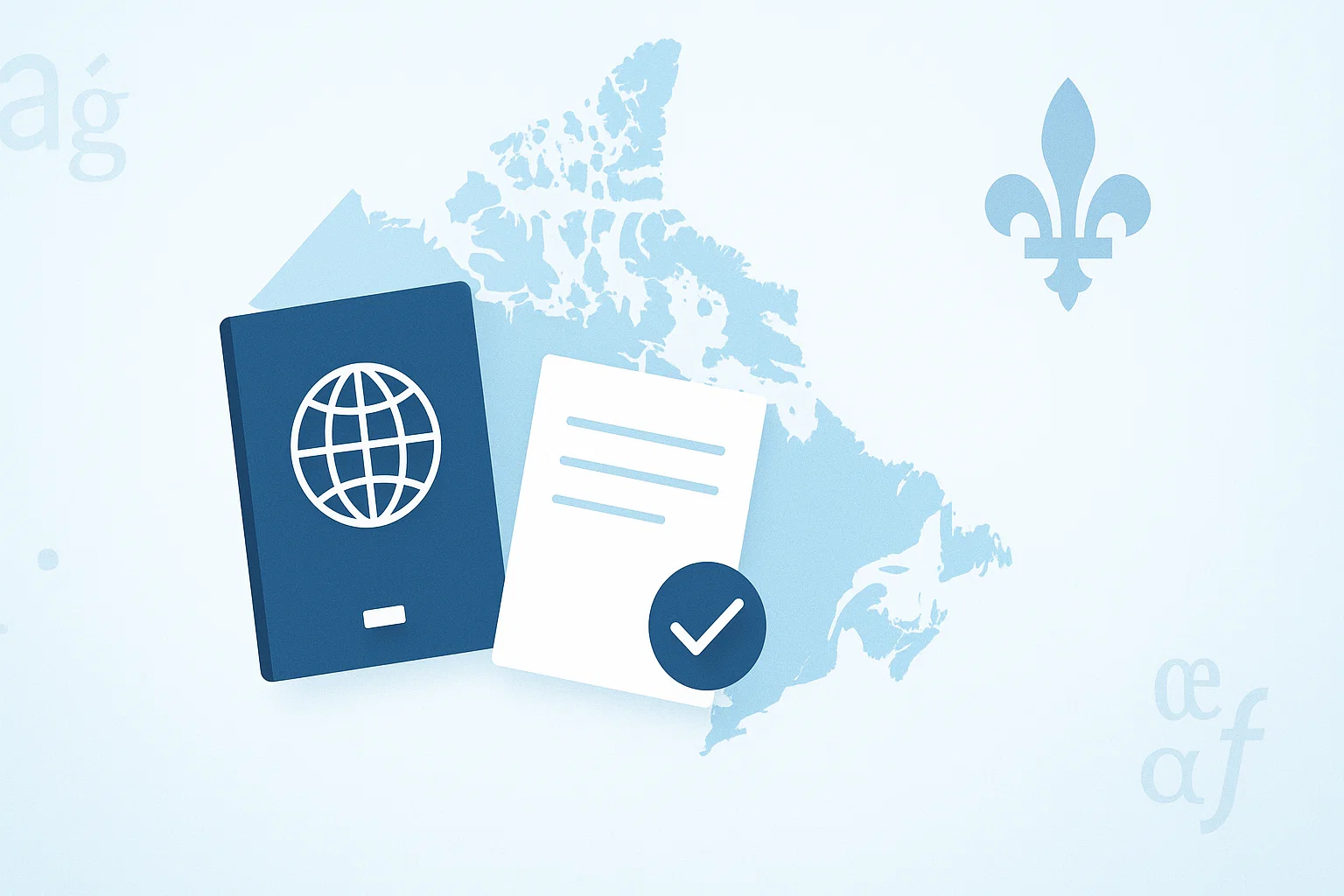The highly anticipated QS 2026 "Best Student Cities" ranking was officially announced recently. The list once again showcases Canada's strength as a leading global study destination, with four of its cities placing in the top 100. The four cities and their rankings are as follows:
- Montreal: Tied for 18th
- Toronto: 22nd
- Vancouver: Tied for 29th
- Ottawa: Tied for 80th
Despite their inclusion, it is noteworthy that all four cities have experienced a significant decline in their rankings compared to the 2025 list, with the cost of living emerging as a key factor constraining their performance.
City-by-City Breakdown: A Mix of Opportunities and Challenges
Montreal: Canada's Top-Ranked City, Weighed Down by Costs
As the largest city in Quebec, Montreal has long been Canada's top performer on the QS list. This year, it received exceptionally high scores in the "Student View" (94.4) and "Student Mix" (91.5) categories, highlighting its strong appeal and inclusivity for international students. However, its "Affordability" score plummeted to 30.5, a clear weak point among its metrics. Furthermore, Montreal's rank fell sharply from 10th last year to a tie for 18th, a change worth noting. The city is home to McGill University, which ranked as Canada's top institution and 27th globally in the 2026 QS World University Rankings.
Toronto: Attraction Remains High, But Affordability Hits a Low
Canada's largest city, Toronto, ranked 22nd. It also performed exceptionally well in "Student View" (93.1) and "Student Mix" (91.8), with a strong score in Employer Activity. However, similar to Montreal, its "Affordability" score was just 17.4—the lowest among the ranked Canadian cities. Toronto is home to top-tier institutions like the University of Toronto (29th globally) and York University (333rd globally). Its ranking slipped significantly from 11th last year to 22nd.
Vancouver: Cost of Living Remains the Biggest Challenge
The economic hub of British Columbia, Vancouver, is praised for its highly international "Student Mix" (91.8). However, its "Affordability" score of just 16.9 makes it one of the most expensive student cities globally. According to related data, the estimated monthly cost of living for a single person in Vancouver for 2025 is $3,793.63 CAD. The city boasts world-class institutions such as the University of British Columbia (UBC, 40th globally) and Simon Fraser University (SFU, 308th globally).
Ottawa: A Mixed Performance for the Nation's Capital
Canada's capital, Ottawa, placed in a tie for 80th. While it performed reasonably well in "Student View" (80.3) and "Student Mix" (82.3), lower scores in "Employer Activity" (35.6), "Rankings" (27.4), and "Affordability" (22.1) pulled its overall score down. The University of Ottawa is ranked 218th in the QS World University Rankings.
North American Cities See Widespread Decline, Posing Dual Challenges for Canada
The report indicates that most North American cities saw a downward trend in this year's rankings. For Canadian cities, in addition to affordability issues, scores in their traditional strongholds of "Student Mix" and "Desirability" also decreased, though the decline was less severe than in US cities. This suggests that in the competitive global education market, Canada must address dual pressures from rising living costs and maintaining its urban appeal.
Understanding the Methodology
The QS Best Student Cities ranking is based on a comprehensive assessment across six main categories:
- University Rankings: The number of a city's universities featured in the QS World University Rankings and their performance.
- Student Mix: The proportion of students in the city's population, the number of international students, and the city's and country's overall inclusivity.
- Desirability: City safety, pollution levels, and student survey feedback on their interest in studying there.
- Employer Activity: The city's youth employment rate and employer perceptions of local university graduates.
- Affordability: The city's tuition fees and cost of living.
- Student View: Students' ratings of the city's friendliness, sustainability, diversity, and the proportion who wish to stay after graduation.
To be eligible, a city must have a population of over 250,000 and be home to at least two universities featured in the latest QS World University Rankings.
Implications and Practical Advice for International Students
Despite the fluctuating ranks, Canada remains a top choice for many international students due to its high-quality education system. For those considering studying in Canada, the following points are crucial:
- Choose a Designated Learning Institution (DLI): Ensure your chosen institution is on the federal government's list of schools permitted to admit international students.
- Prepare Your Application Documents: After receiving a Letter of Acceptance, you must prepare a complete set of documents, including proof of financial support, to apply for a study permit.
- Note the New Proof of Funds Requirement: Starting September 1, 2025, the financial proof requirement for a single applicant will increase to $22,895 CAD.
- Obtain a Provincial Attestation Letter (PAL): Under new policies, most study permit applications now require a PAL from the province.
- Stay Updated on Immigration Policy Changes: The policies for the Post-Graduation Work Permit (PGWP) and Spousal Open Work Permit (SOWP) have undergone significant changes in 2024 and 2025. If post-graduation work and family reunification are important factors in your plan, it is vital to monitor and verify the latest eligibility criteria to make the most informed decision.









